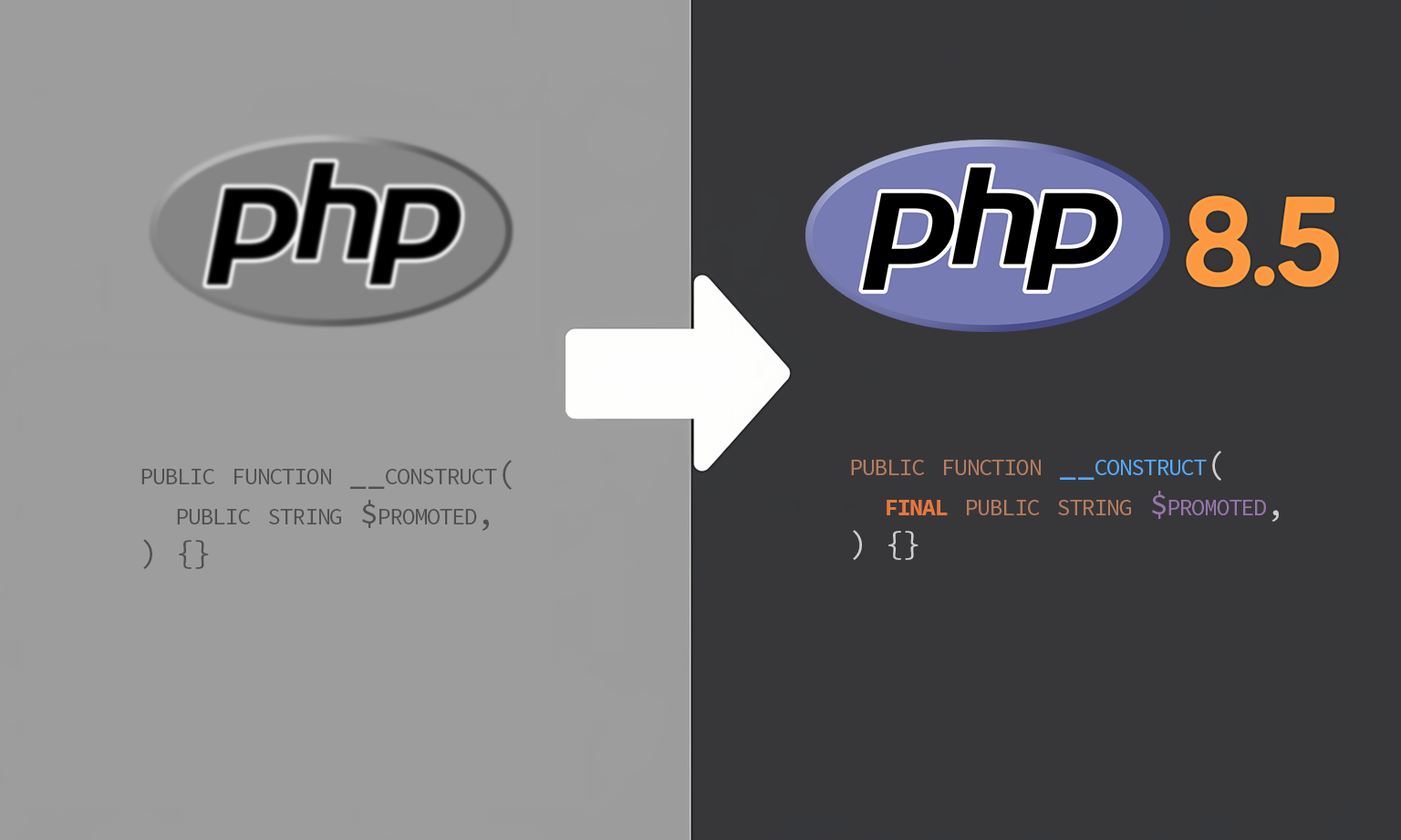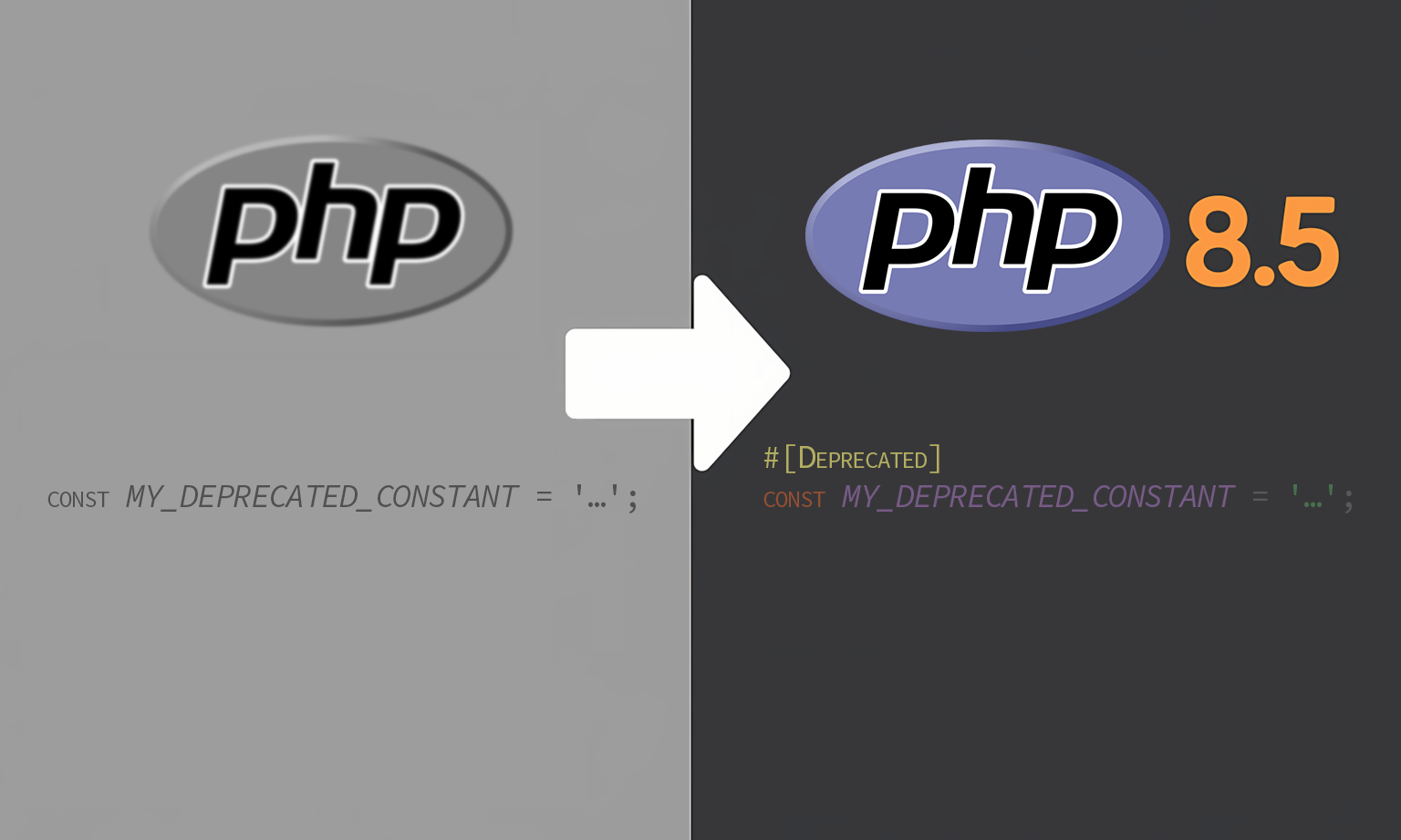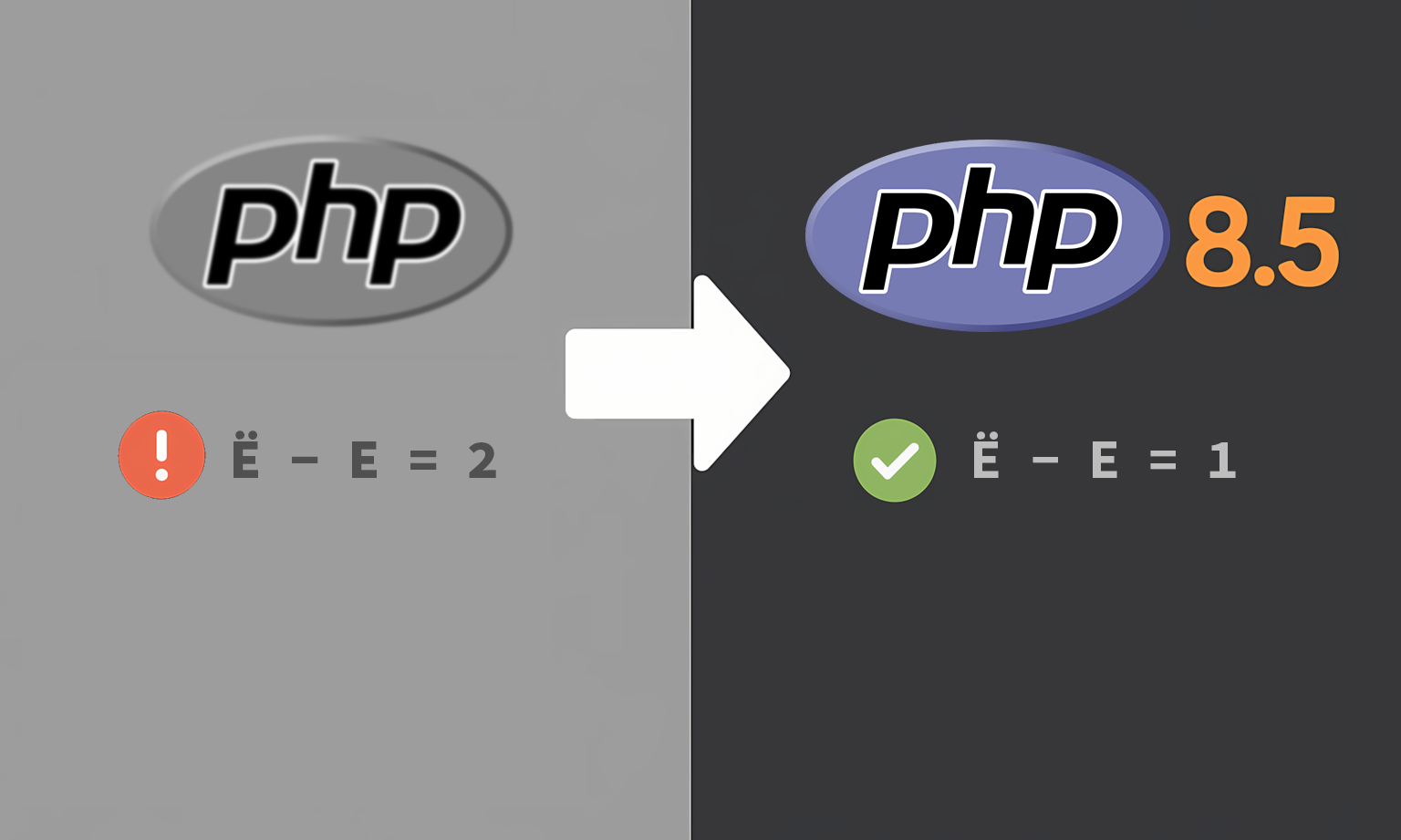Yeah, their work-the-workers-literally-to-death culture is top notch.
rikudou
Yep, pretty much, though the particle itself is the energy, not some kind of energy it gives off.
Mass and energy are convertible between each other, so you can think of it as the black hole losing mass equal to the mass of the particle, if it helps.
A funny way to describe Linus going from 0 to nuclear sub 1 second whether someone is being mildly obtuse.
Well, simply not possible. Might not be what you want to hear, but iOS simply isn't for you if you're not prepared to pay for pretty much everything.
Unlike Android there's not a lot of good free stuff and you can't pirate anything on iOS.
It's not a particle in the regular sense you might know, like an electron. The pair that comes into existence is meant to annihilate immediately (meaning there's zero energy gain or loss) but because of where it appeared it can't.
When it appears as I described, there suddenly exists a real particle in the universe outside the black hole, so the universe gained +1 in energy.
But energy can't be created or destroyed, so that +1 means somewhere there must be a -1. And that somewhere is the black hole which caused the particle to exist in the first place by swallowing its pair.
It's not very intuitive, that's the fun part about quantum mechanics: nothing is intuitive.
Depends on your definition of "true". Is it scientifically true? No. Is it the actual science simplified a lot so it can be read by a non-physicist human being? Yes.
Are you talking about a mercenary group in general or this particular mercenary group which is kinda famous for raping?
Why the ad hominem? What's sensible is an opinion, not an objective truth.
I'm not saying to kill him but to send him back. Sure, the end result might be the same, but that piece of shit doesn't deserve anything from us.
Or maybe not, because that's exactly why they murder us but we keep them in nice prisons instead.
He's a commander in a mercenary group, how much more proof do you need?
Well, that's just a blog. WordPress comes to mind, though try not abusing it by installing too many plugins and transforming it to an abomination that takes 3 seconds to hack.
There are probably more modern alternatives, I personally wrote my own blog system that uses ActivityPub to synchronise with Lemmy and others.
Murdering and raping is over, time to seek some protection. They should put him back to Russia with a big sign saying "Hey, Putin, this guy tried to flee Russia! Wouldn't it be a shame if he fell out the window?"
Ah, the traditional Russian values of hiding the truth from your superiors because there's a culture of shooting the messenger of the bad news. Can't see this going wrong when training an AI.





Perhaps The Crew, sounds like the kind of game that makes you support it.